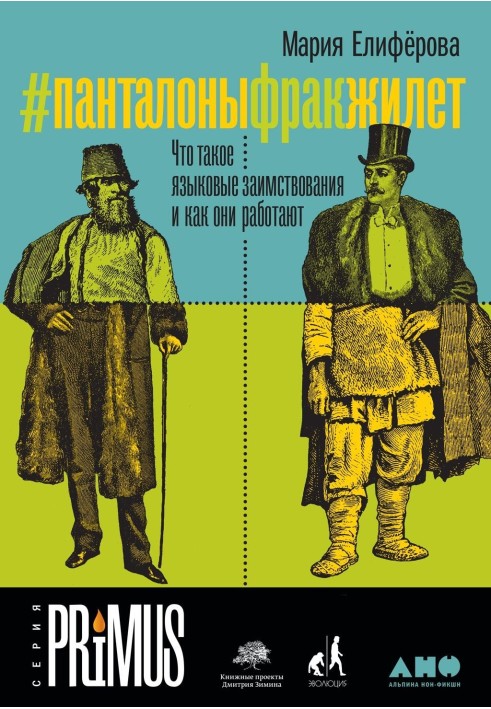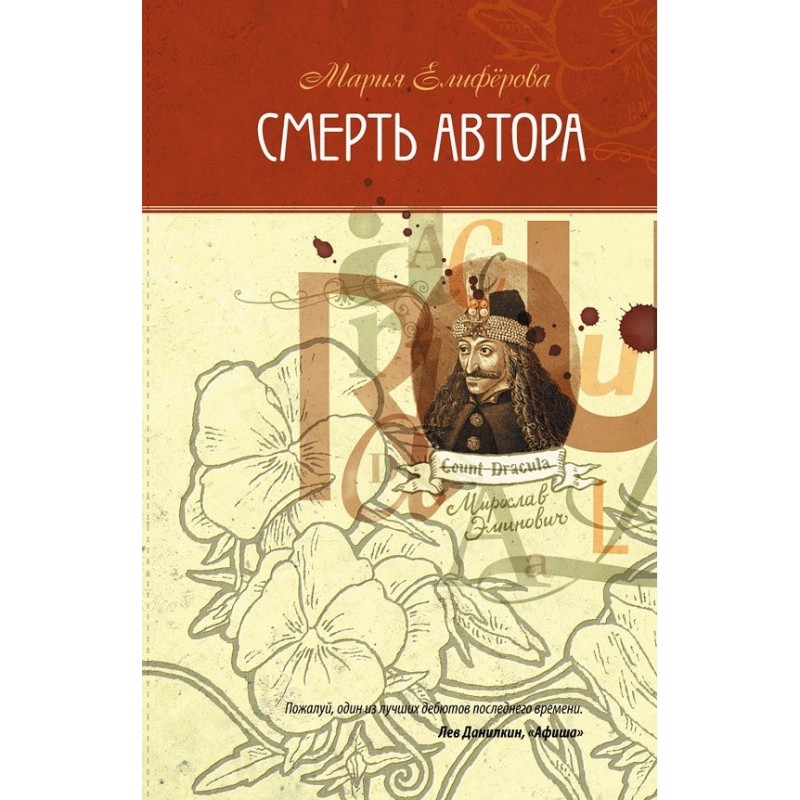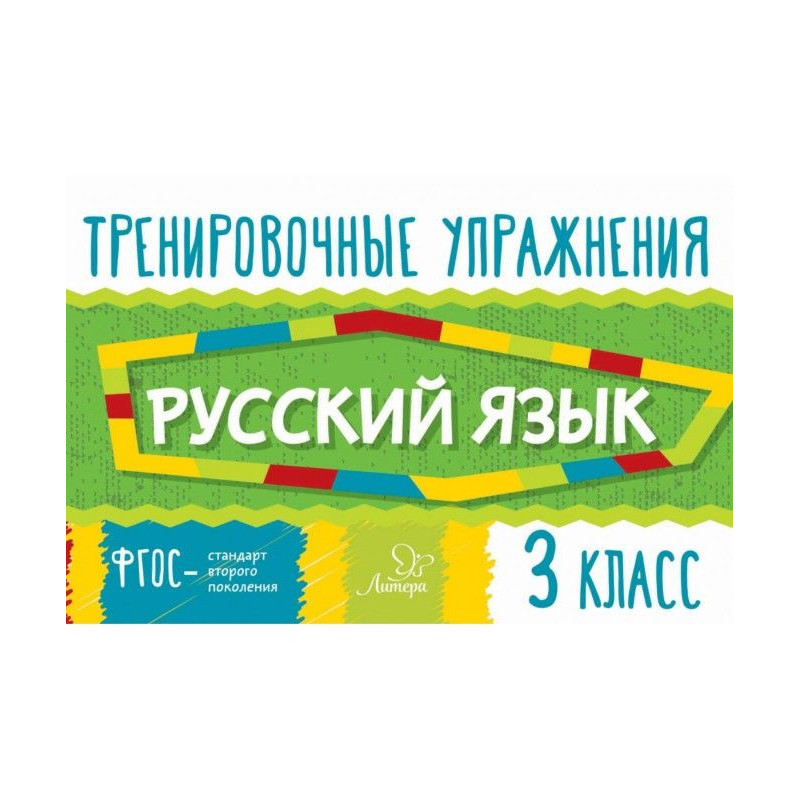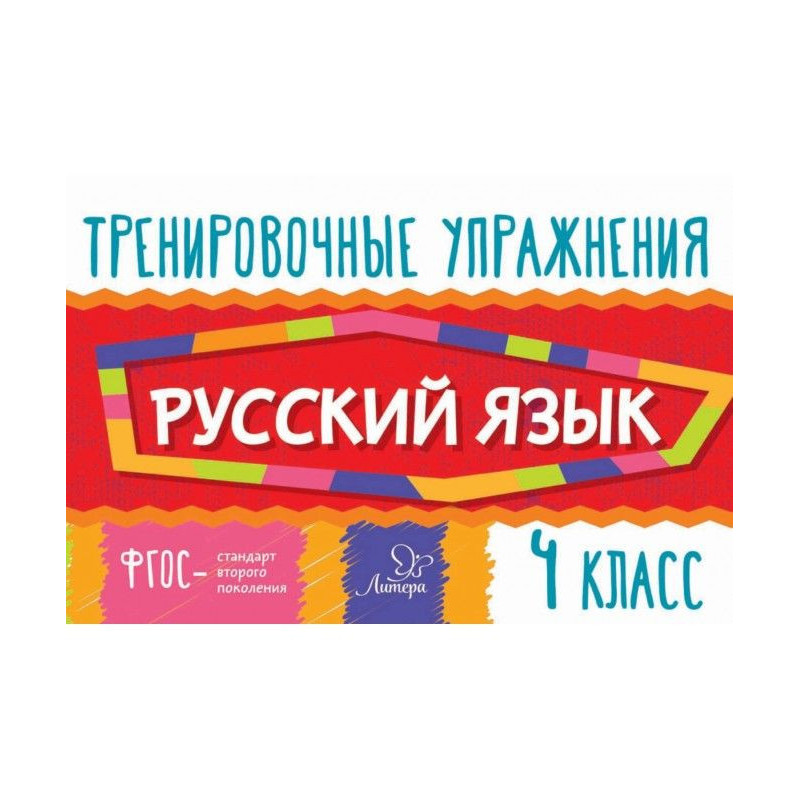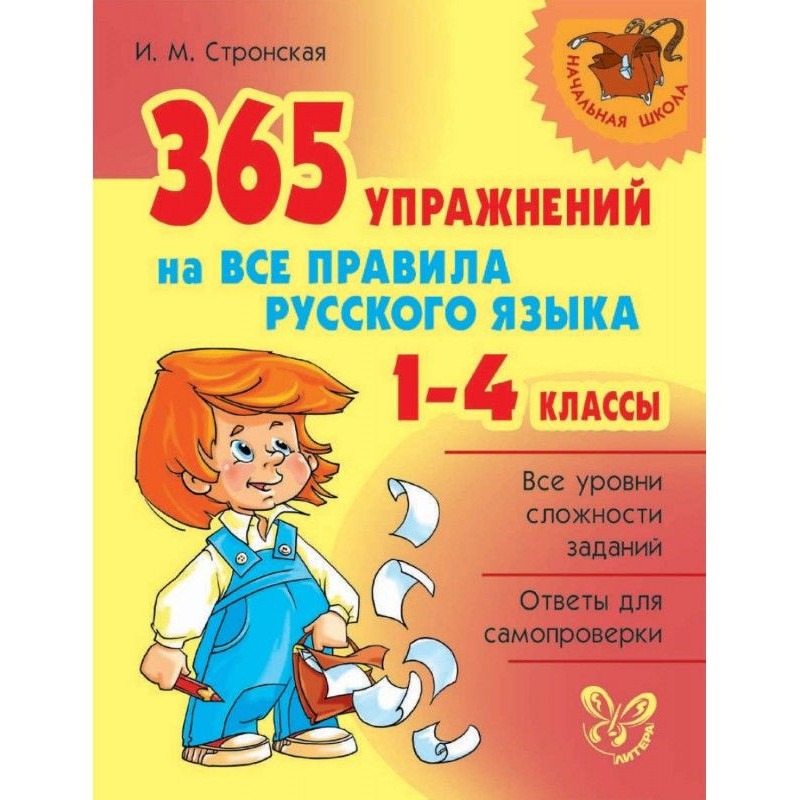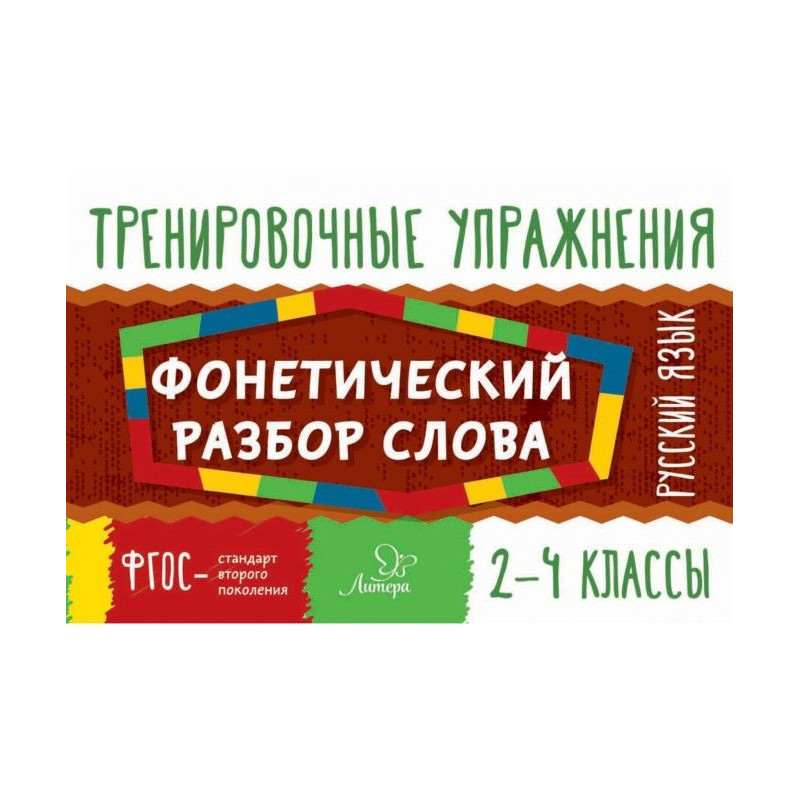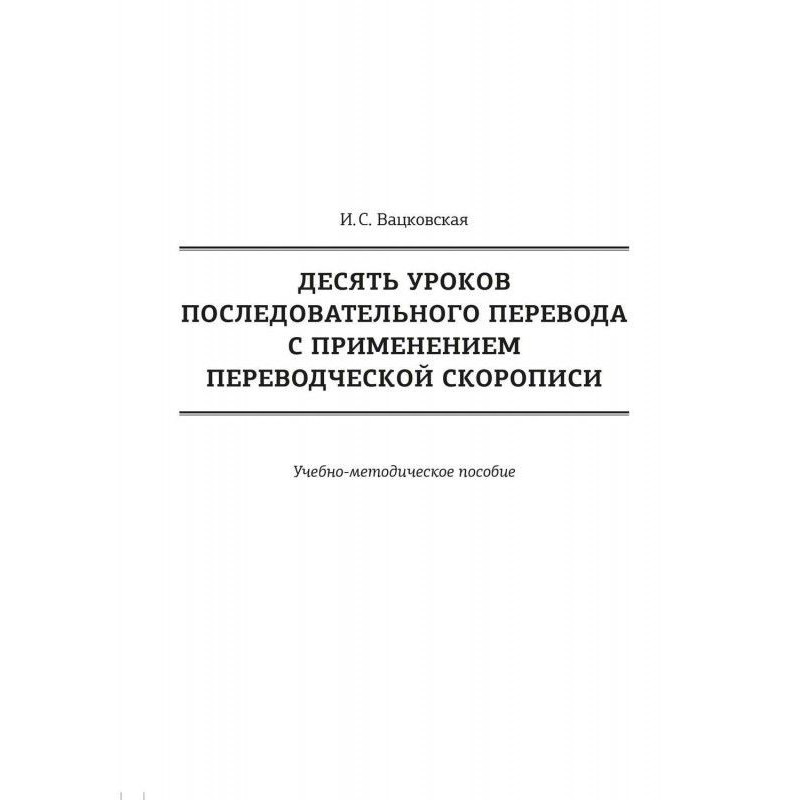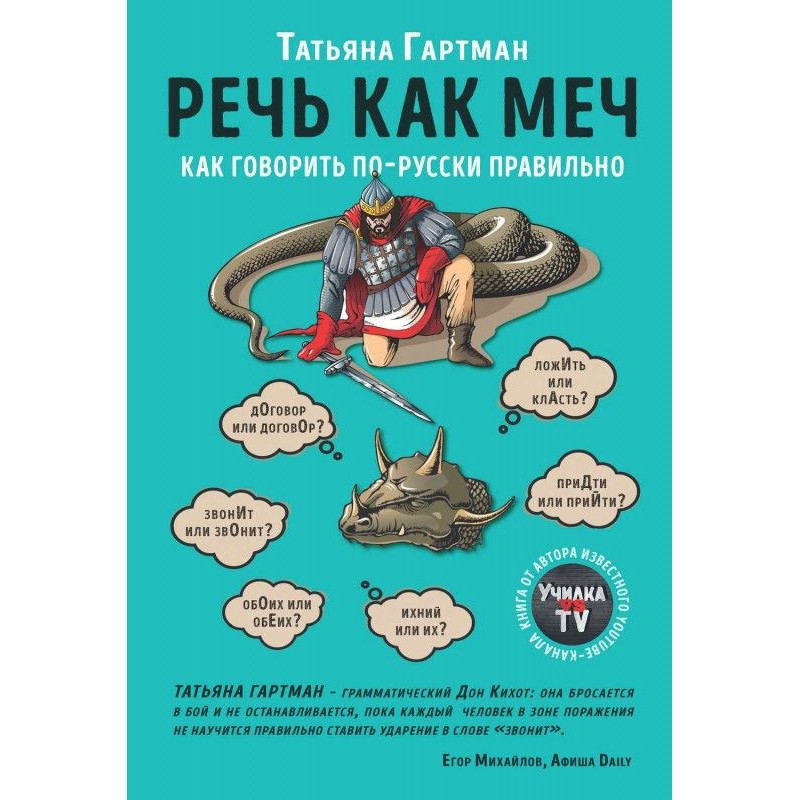№PantsTailcoatVest
 Instant download
Instant download
after payment (24/7)
 Wide range of formats
Wide range of formats
(for all gadgets)
 Full book
Full book
(including for Apple and Android)
What are language borrowings? This topic undoubtedly concerns each of us. It is discussed in school, in textbooks, in scientific literature and on Internet forums. At the same time, popular excursions into the field of borrowings published in Russia mostly come down to the topic of foreign words in the Russian language. But what is borrowing in general, by what signs do we distinguish it, why does it arise in a language, why is it resisted? There hasn’t been a book about it yet. English philologist Maria Eliferova tried to fill this gap. Showing how languages interact with each other and how the fate of borrowings develops (we are not just talking about words), the author, along with examples from Russian culture, history and literature, turns to French, German, Spanish and more exotic languages from various parts of the world ball. This information-rich and serious book happily combines the depth of scientific analysis with accessible lively presentation, humor and loyalty to rebels and violators of norms and canons.
Data sheet
- Name of the Author
- Мария Елифёрова Витальевна
- Language
- Russian
Reviews
Неперевершене дослідження мовних запозичень
Ця книга стала для мене справжнім відкриттям у світі мовознавства! Автор майстерно поєднує науковий аналіз з легким і доступним стилем викладу, що робить читання не лише пізнавальним, а й приємним. Я дізнався багато нового про запозичення в різних мовах, їх походження та вплив на культуру. Особливо вразили приклади з російської, французької, німецької та іспанської мов, які автор подає з гумором і живим стилем. Книга спонукає до роздумів про те, як мови взаємодіють між собою, і чому запозичення є невід'ємною частиною мовного розвитку. Рекомендую цю книгу всім, хто цікавиться мовами, культурою та історією, адже вона відкриває нові горизонти у розумінні мовних процесів!

